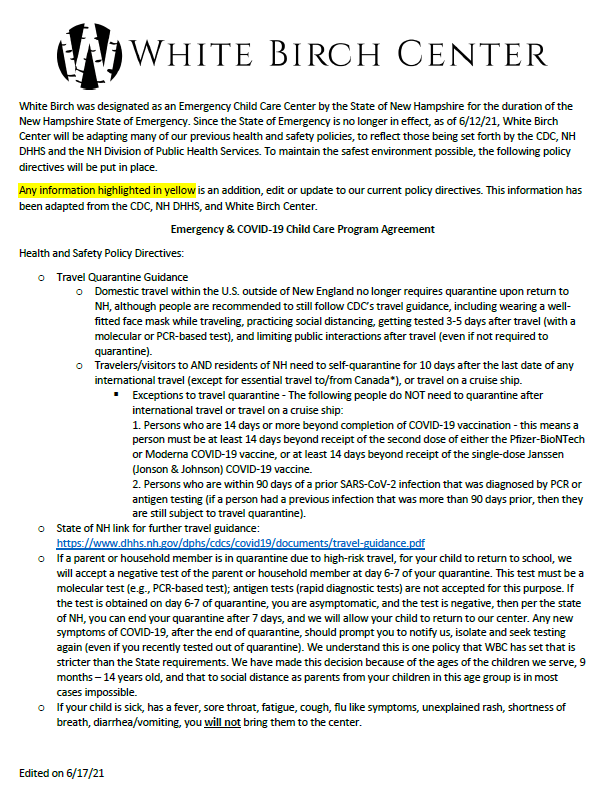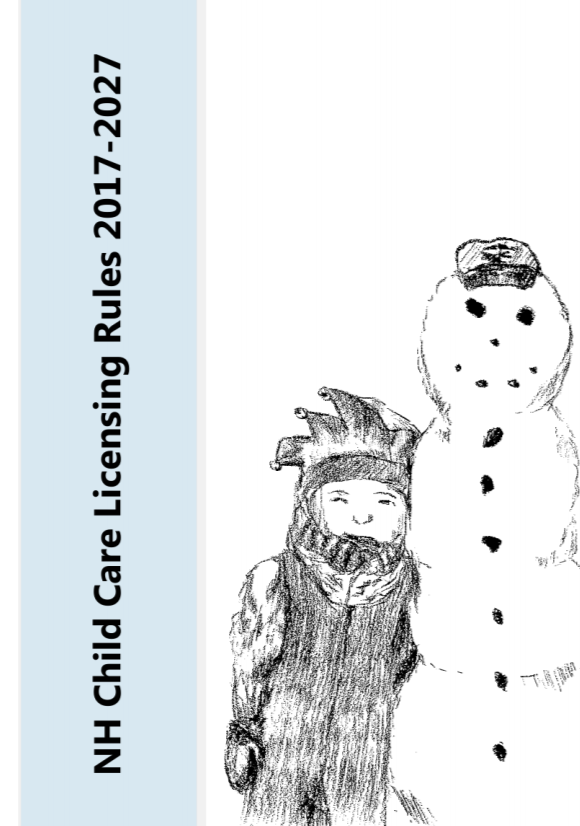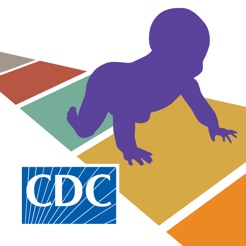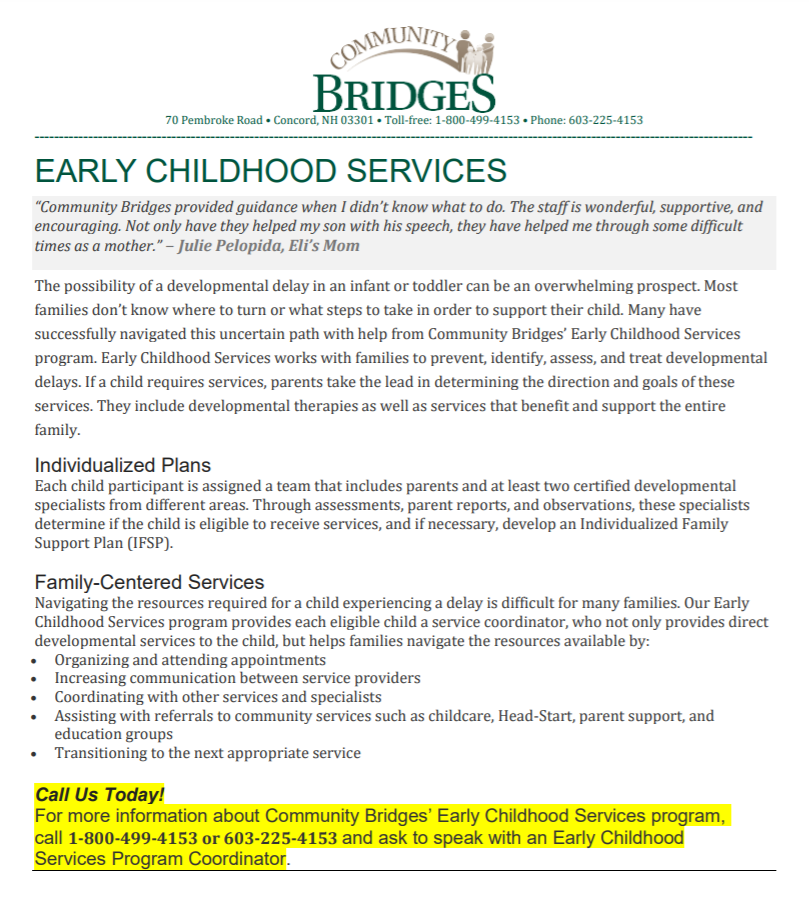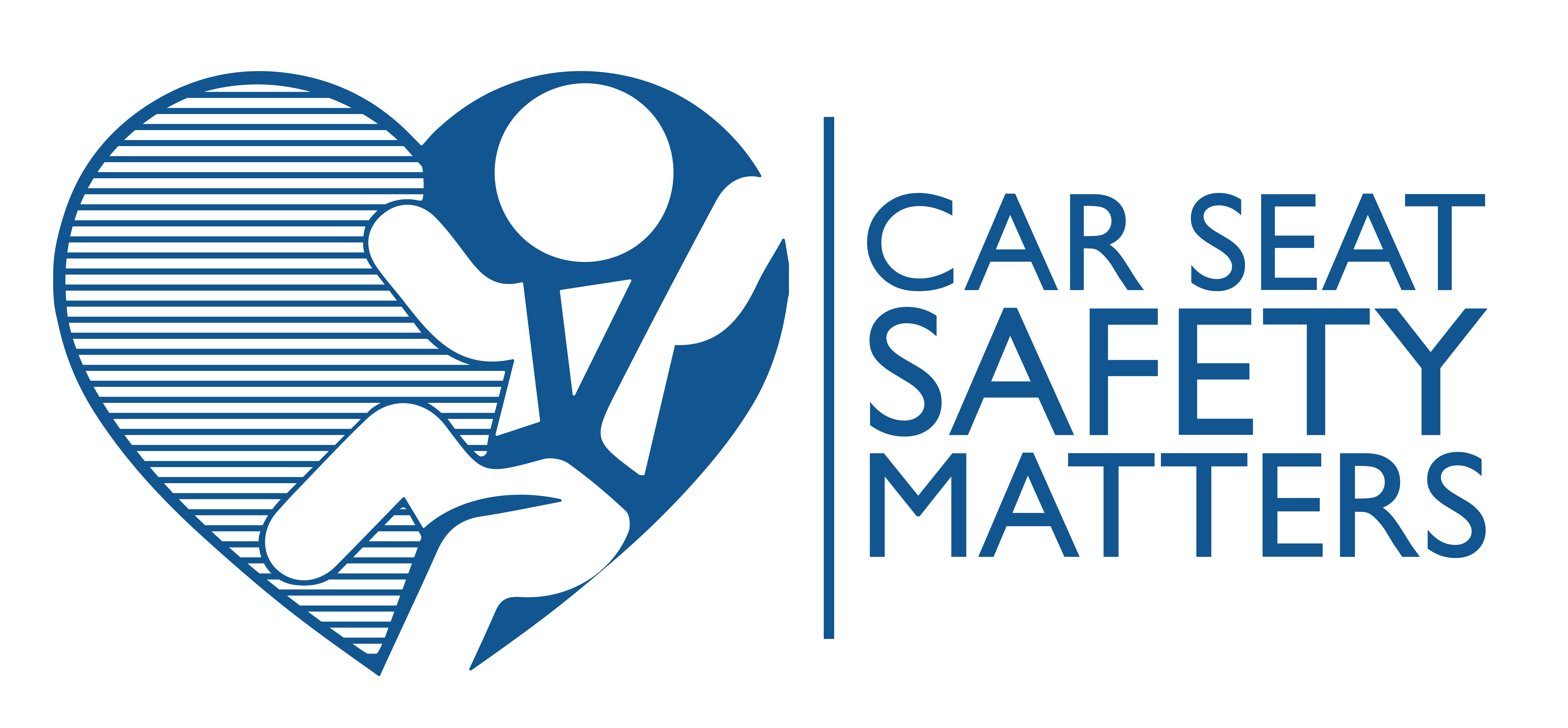EARLY LEARNING

In the last year, New Hampshire Fiscal Policy Institute has been working to provide more shared knowledge about child care.
The accessibility and affordability of child care are crucial for our state’s economy and have profound, real-world implications for families. NHFPI’s Senior Policy Analyst, Nicole Heller, PhD, has emerged as a leading resource on child care thanks to her insightful reports over the past year. This shared knowledge is instrumental in providing policymakers and the public with invaluable insights into this policy topic.
NHFPI has exciting news that they want to share with you. They have just launched a new medium for their research: video!
They understand that it’s important to share information in accessible formats. This two-minute video encourages viewers if they choose to dive deeper into the facts with a background blog. Please take a moment to watch their new video explainer. We appreciate your consideration and hope you enjoy it!
School Calendar
USDA Food Program & Meals Calendar
Policies
Open Door
Sick Policy
Behavior Policy
Safety Policy
EARLY LEARNING

School Calendar
E-Newsletters
USDA Food Program & Meals Calendar
Policies
Open Door
Sick Policy
Behavior Policy
Safety Policy
www.drugdangers.com
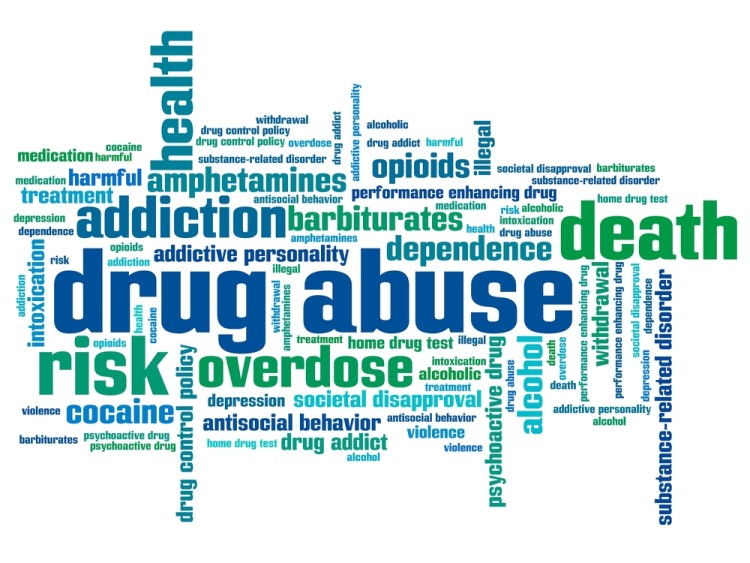
Annuity.org
Students and Financial Literacy: https://www.annuity.org/financial-literacy/students/
How to Teach Kids About Money: https://www.annuity.org/financial-literacy/how-to-teach-kids-about-money/


